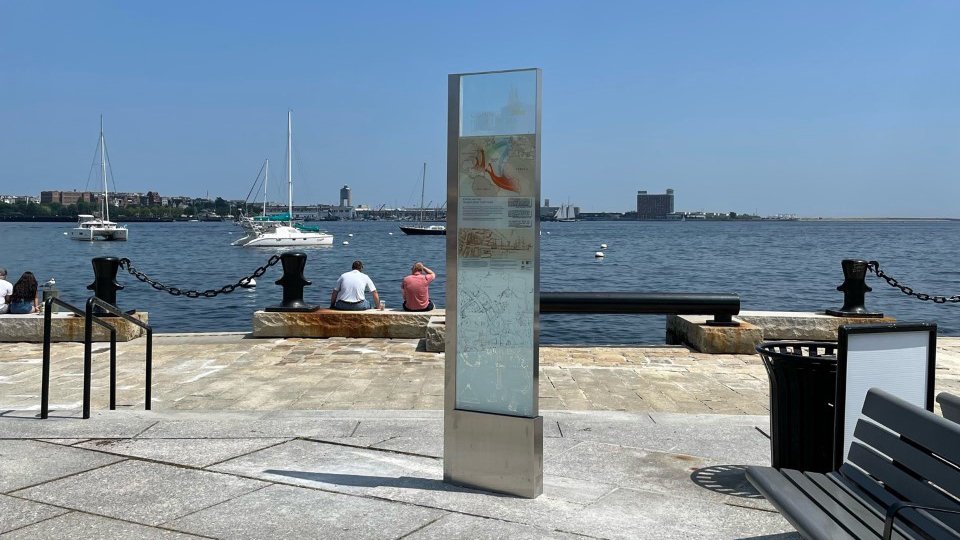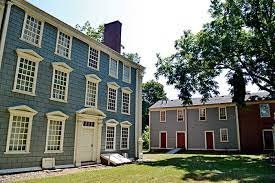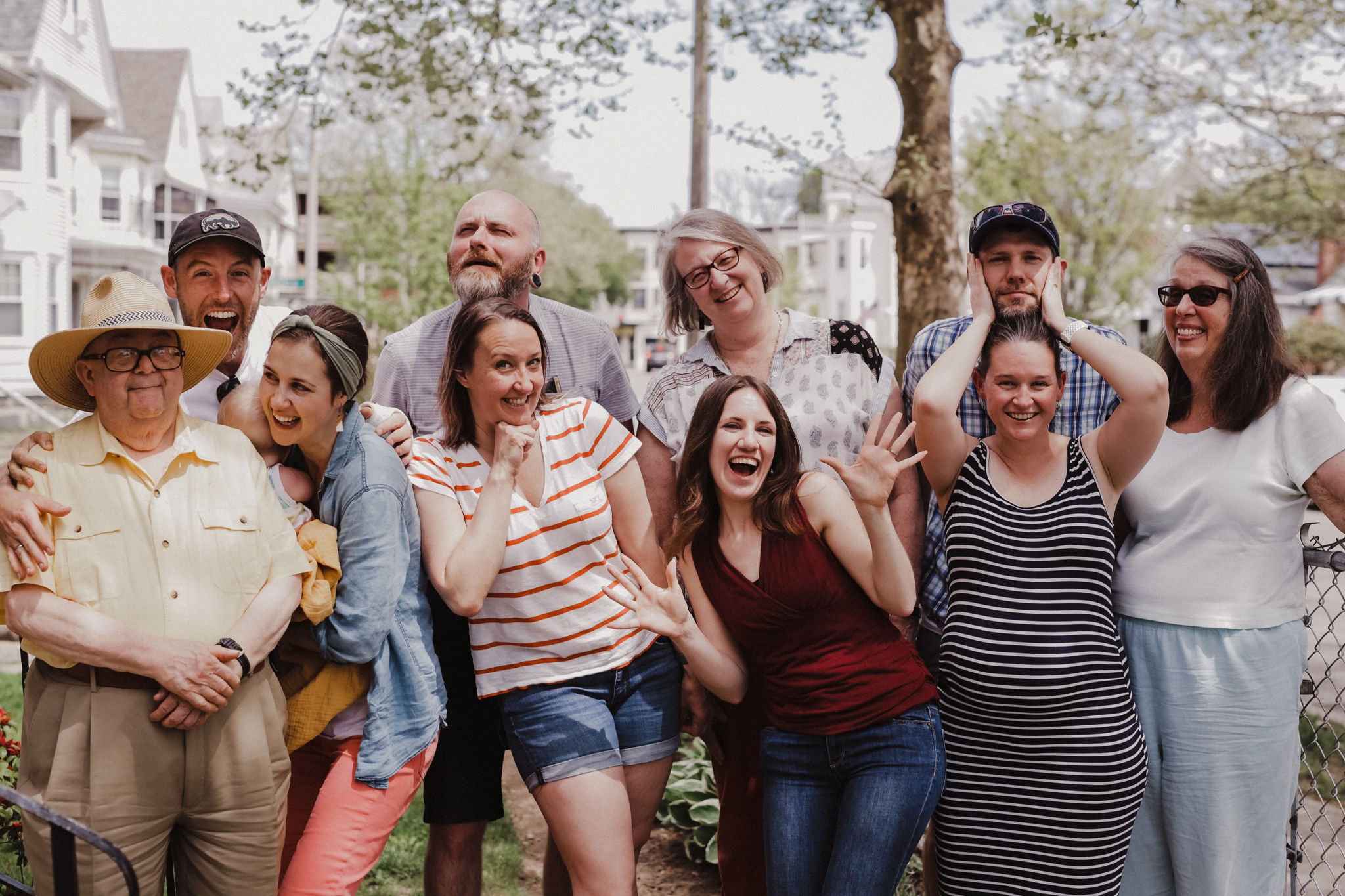History of Racism in Boston: A Resource List
History of Racism in Boston: A Resource List
By the RCCI Team, with contributions from Pastor Calvin Fergins
Recent realities, like COVID-19, the heightened publicity of racial violence, and economic downturn, have highlighted racial disparities in our communities. While these pandemics are deepening the chasms of differences in power and opportunity, they did not create them. On the contrary, our current crises highlight inequalities that have been present since before the founding of our nation.
Boston has a long and complicated racial history. On the one hand, it tells stories of resilience, transformation, and victory. On the other, it reveals deplorable atrocities, subtle power moves, contemporary hate crimes, and well-intended actions that have a racist impact, giving us a veneer of progress while maintaining the status quo.
As we find ourselves in a time of crisis and opportunity, we have the responsibility to work toward a new Boston, more just and equitable than before. To ensure a better future, we must look to our past. We must understand our history and learn from the mistakes, victories, and examples of those who have come before. RCCI invites you to explore the resources on this list to better understand our collective past so, together, we can move into a more just and equitable future.
PS: Click here to see a downloadable bibliography of resources that goes well beyond these highlighted titles.
Resource Write Ups
Ten Hills Farm: The Forgotten History of Slavery in the North
Did you know that there was a Northern plantation in Medford, Massachusetts? You can still visit it, known as the Royall House & Slave Quarters museum, today. Ten Hills Farm tells the story of five generations of enslavers connected to this labor camp and how it was tied into the larger Transatlantic slave trade.
A People's History of the New Boston
The 1960s and 1970s represented a critical season of rebuilding for Boston following the impact of WWII. While wealthy, White men are often given credit for this transformation, this book tells the story of unsung influencers who, through grass-roots demonstrations, sit-ins, picket lines, boycotts, and contentious negotiations shaped Boston into the city we know today.
The New Bostonians: How Immigrants Have Transformed the Metro Area Since the 1960s
Between 1970 and 2010, the percentage of foreign-born, Boston residents more than doubled due to immigration from Africa, Asia, and Latin America. The New Bostonians explores these immigrant communities' invaluable contributions and their crucial role in nurturing Boston's prosperity - the fruits of which have not been equally shared.
Busing at 50
The Boston Busing Crisis of the mid 1970s garnered national attention as the city experienced mass protests and violence after the Boston Public School system attempted to implement school integration. Sadly, 50 years later, the Boston public education system is still unequal and still segregated. Explore this Boston Globe Series Broken Promises, Unfulfilled Hope that reflects 50 years after the Boston Busing Crisis.
Sarah's Long Walk: The Free Blacks of Boston and How Their Struggle for Equality Changed America
In 1847, a five-year-old African American girl named Sarah Roberts was forced to walk past five white schools to attend the poor and densely crowded all-black Abiel Smith School on Boston's Beacon Hill. Incensed that his daughter had been turned away at each white school, her father, Benjamin, sued the city of Boston on her behalf. The historic case that followed set the stage for over a century of struggle, culminating in 1954 with the unanimous decision in Brown v. Board of Education.
Murder in Boston: Roots, Rampage and Reckoning
In 1989, Charles Stuart reported that his white wife had been murdered by a Black man. Boston’s deeply seated racism tainted the investigation and worked the city into a frenzy, before it was revealed that Stuart killed his wife by his own hand. Learn more about the Charles Stuart case - and the long-standing racial tension that shaped it - by watching this three-part docuseries or going deep through Boston Globe podcasts.
Holding Ground: The Rebirth of Dudley Street
Explore how, in 1985, the Dudley Street Neighborhood of Roxbury worked together to overcome barriers of systemic racism and rebuild the fabric of their neighborhood. This community movement gained national attention, set legal precedent, and models how residents, community activists, and city officials can organize for change.
Forever Struggle: Activism, Identity, and Survival in Boston's Chinatown, 1880-2018
Chinatown has a long history in Boston. In writing about Boston Chinatown's long history, Michael Liu, a lifelong activist and scholar of the community, charts its journey and efforts for survival. Liu depicts its people, organizations, internal battles, and varied and complex strategies against land-taking by outside institutions and public authorities. Chinatown is a powerful example of neighborhood agency, the power of organizing, and the prospects of such neighborhoods in rapidly growing and changing cities.
Black Bostonians: Family Life and Community Struggle in the Antebellum North
When published in 1979, Black Bostonians was the first comprehensive social history of an antebellum northern black community. The Hortons challenged the then widely held view that African Americans in the antebellum urban north were all trapped in "a culture of poverty." Exploring life in black Boston from the 18th century to the Civil War, they combined quantitative and traditional historical methods to reveal the rich fabric of a thriving society, where people from all walks of life organized for mutual aid, survival, and social action, and which was a center of the antislavery movement.
Local Historical Sites
Explore local historical sites that honor the journeys of different groups.
A plaque and developing memorial highlighting the Native American internment camp that was held on Deer Island, one of the Boston Harbor Islands. Tours of Deer Island briefly acknowledge this injustice.
Middle Passage Port Marker on Long Wharf. The Boston Middle Passage Marker looks two ways: Out to Boston Harbor, where enslaved Africans and enslaved Indigenous people arrived and departed, and also inward, down State Street, where these enslaved people and their descendants lived, worked, and fought for freedom.
The Royall House and Slave Quarters in Medford.
The Black Heritage Trail, African Meeting House, and African American History Museum in Boston.
A variety of cultural sites in Chinatown highlighted in videos from the Boston Chinatown Heritage Project, created by teens in partnership with the Chinese Historical Society of New England and others.
Author’s Note: Resource descriptions are based on language from their respective promotional websites and have been paraphrased for the purposes of RCCI.





































